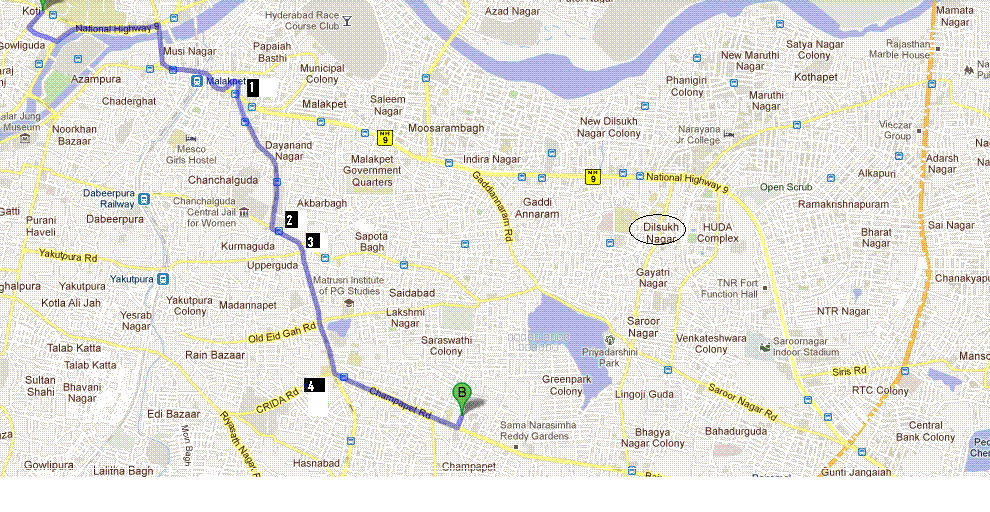Software design principles represent a set of guidelines that helps us to avoid having a bad design. The design principles are associated to Robert Martin who gathered them in "Agile Software Development: Principles, Patterns, and Practices". According to Robert Martin there are 3 important characteristics of a bad design that should be avoided:
When referring to the classes Open Close Principle can be ensured by use of Abstract Classes and concrete classes for implementing their behavior. This will enforce having Concrete Classes extending Abstract Classes instead of changing them. Some particular cases of this are Template Pattern and Strategy Pattern.
Dependency Inversion or Inversion of Control are better know terms referring to the way in which the dependencies are realized. In the classical way when a software module(class, framework, �) need some other module, it initializes and holds a direct reference to it. This will make the 2 modules tight coupled. In order to decouple them the first module will provide a hook(a property, parameter, �) and an external module controlling the dependencies will inject the reference to the second one.
By applying the Dependency Inversion the modules can be easily changed by other modules just changing the dependency module. Factories and Abstract Factories can be used as dependency frameworks, but there are specialized frameworks for that, known as Inversion of Control Container.
As a conclusion Interfaces containing methods that are not specific to it are called polluted or fat interfaces. We should avoid them.
Single Responsibility Principle was introduced Tom DeMarco in his book Structured Analysis and Systems Specification, 1979. Robert Martin reinterpreted the concept and defined the responsibility as a reason to change.
Liskov's Substitution Principle was introduced by Barbara Liskov in a 1987 Conference on Object Oriented Programming Systems Languages and Applications, in Data abstraction and hierarchy
- Rigidity - It is hard to change because every change affects too many other parts of the system.
- Fragility - When you make a change, unexpected parts of the system break.
- Immobility - It is hard to reuse in another application because it cannot be disentangled from the current application.
Open Close Principle
- Software entities like classes, modules and functions should be open for extension but closed for modifications.
When referring to the classes Open Close Principle can be ensured by use of Abstract Classes and concrete classes for implementing their behavior. This will enforce having Concrete Classes extending Abstract Classes instead of changing them. Some particular cases of this are Template Pattern and Strategy Pattern.
Dependency Inversion Principle
- High-level modules should not depend on low-level modules. Both should depend on abstractions.
- Abstractions should not depend on details. Details should depend on abstractions.
Dependency Inversion or Inversion of Control are better know terms referring to the way in which the dependencies are realized. In the classical way when a software module(class, framework, �) need some other module, it initializes and holds a direct reference to it. This will make the 2 modules tight coupled. In order to decouple them the first module will provide a hook(a property, parameter, �) and an external module controlling the dependencies will inject the reference to the second one.
By applying the Dependency Inversion the modules can be easily changed by other modules just changing the dependency module. Factories and Abstract Factories can be used as dependency frameworks, but there are specialized frameworks for that, known as Inversion of Control Container.
Interface Segregation Principle
- Clients should not be forced to depend upon interfaces that they don't use.
As a conclusion Interfaces containing methods that are not specific to it are called polluted or fat interfaces. We should avoid them.
Single Responsibility Principle
- A class should have only one reason to change.
Single Responsibility Principle was introduced Tom DeMarco in his book Structured Analysis and Systems Specification, 1979. Robert Martin reinterpreted the concept and defined the responsibility as a reason to change.
Liskov's Substitution Principle
- Derived types must be completely substitutable for their base types.
Liskov's Substitution Principle was introduced by Barbara Liskov in a 1987 Conference on Object Oriented Programming Systems Languages and Applications, in Data abstraction and hierarchy

No comments:
Post a Comment